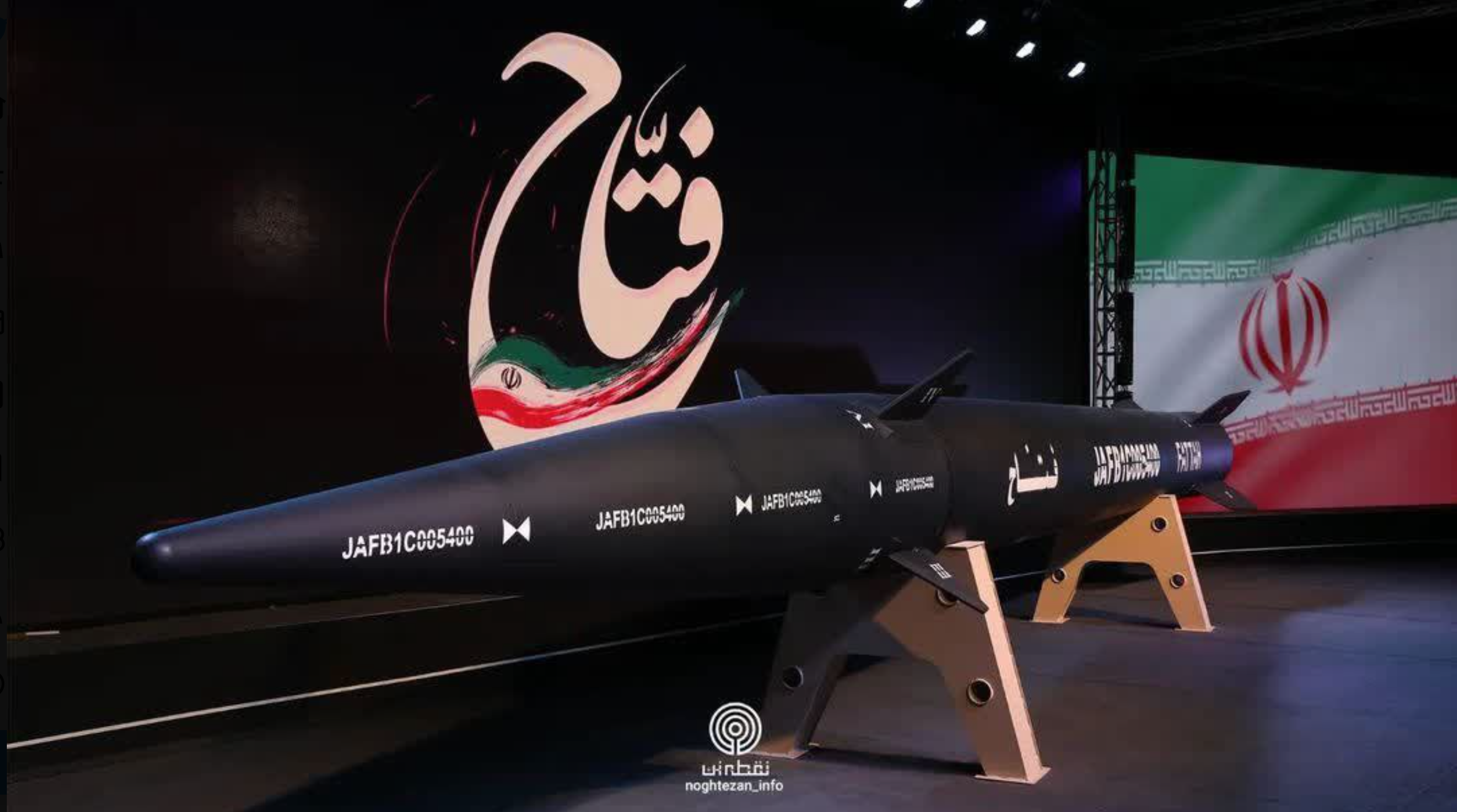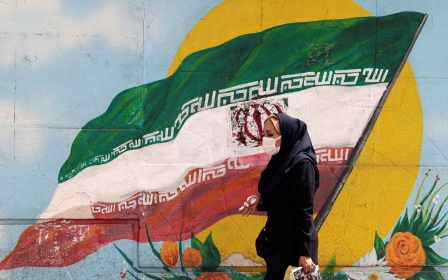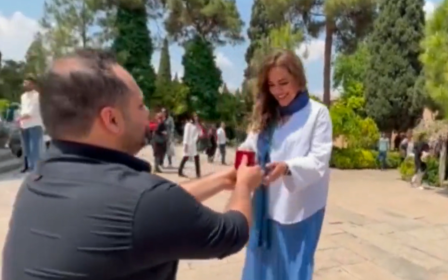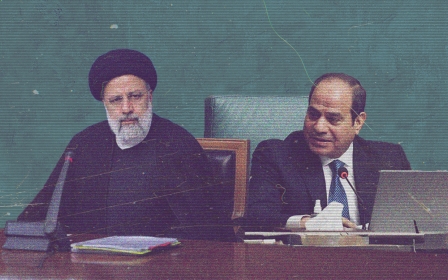Iran unveils its 'first hypersonic ballistic missile'

Iran unveiled its first domestically-made hypersonic ballistic missile during a ceremony on Tuesday, according to state news agency IRNA.
The missile, named "Fattah", was presented during a ceremony attended by President Ebrahim Raisi and commanders of the Islamic Revolutionary Guard Corps (IRGC).
The missile can reach a top speed of 15,000km per hour, IRNA reported.
Hypersonic missiles fly at more than five times the speed of sound and on an unpredictable trajectory, making them difficult to detect or intercept. Like traditional ballistic missiles, they can deliver nuclear weapons.
"The precision-guided Fattah hypersonic missile has a range of 1,400 km and it is capable of penetrating all defence shields," said Amirali Hajizadeh, head of the IRGC's aerospace force, as quoted in state media.
"[Fattah] can bypass the most advanced anti-ballistic missile systems of the United States and the Zionist regime, including Israel's Iron Dome," Iranian state TV claimed, though it offered no evidence of the claim.
Tehran has often been accused by military analysts of exaggerating its missile capabilities. But in recent years, its missile arsenal has become one of the largest and most diverse in the Middle East.
In 2018, former US President Donald Trump cited the development of ballistic missiles as one of the reasons his administration unilaterally withdrew the United States from the 2015 Iran nuclear deal.
The pact was signed alongside other world powers to limit Iran's nuclear programme in return for sanctions relief.
Since taking office, President Joe Biden had sought to return the US to the agreement - officially called the Joint Comprehensive Plan of Action (JCPOA) - but the two sides have failed to revive the deal despite months of talks in Vienna.
Sources close to negotiations told Middle East Eye in April that Raisi had the opportunity to sign a deal at the beginning of his term in 2021, and was open to do so, but people close to him talk him into rejecting the proposal.
Middle East Eye propose une couverture et une analyse indépendantes et incomparables du Moyen-Orient, de l’Afrique du Nord et d’autres régions du monde. Pour en savoir plus sur la reprise de ce contenu et les frais qui s’appliquent, veuillez remplir ce formulaire [en anglais]. Pour en savoir plus sur MEE, cliquez ici [en anglais].




